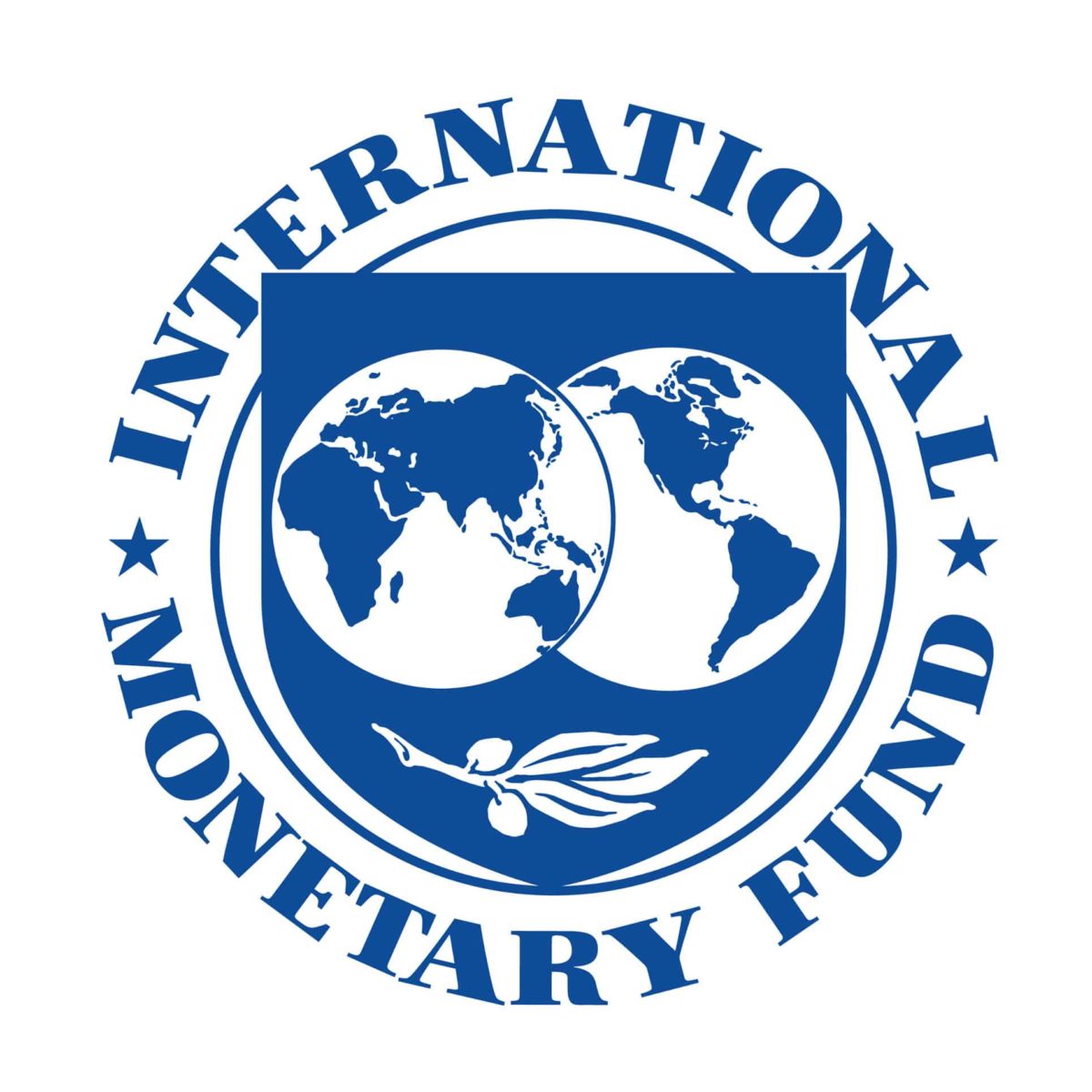The Costa Rican Presidency hopes to generate internal support before its planned negotiations for $1.75 billion from the International Monetary Fund (IMF).
In a video broadcast on national television networks, the Presidency alluded to the economic crisis of the 1980s as an example of what could happen without IMF financing.
“In the 1980s, we already experienced a crisis born from debt problems,” the video says, referencing the skyrocketing inflation, devaluation of the colón and poverty that characterized that period in Costa Rica.
“The impact was much greater than any tax. Costa Rica cannot and should not repeat this history. Though it involves difficult decisions, the good news is avoiding a new crisis is possible.”
The $1.75 billion loan from the IMF, distributed over a period of three years, would have favorable terms, the Presidency says. It’s necessary to keep Costa Rica’s debts at a manageable level, allowing the government to spend less on interest payments and more on social programs, the Presidency argued.
According to the Finance Ministry, Costa Rica’s debt-to-GDP ratio in 2019 reached 58.48%, an indicator that grew 5.3 p.p. over 2018. While Costa Rica’s 2018 fiscal reform would have led to “fiscal sustainability in the medium term,” according to the Finance Ministry, the pandemic changed projections.
The Presidency says government income has fallen by 1.2 trillion colones in 2020 and that “making decisions in this moment is necessary.”
Costa Rica’s IMF proposal faces scrutiny
When a country borrows through the IMF’s Extended Fund Facility (EFF), as Costa Rica intends, it “commits to undertake policies to overcome economic and structural problems,” according to the financial entity.
The Presidency has presented its proposal to the Legislative Assembly for debate and approval; it has not yet initiated formal negotiations with the IMF. The proposal includes increasing income tax for high earners, taxing banking transactions and raising property taxes by 0.5 percentage points.
President Alvarado says delaying IMF negotiations “would be costly.”
But numerous deputies in the Legislative Assembly, including the body’s president, say the Presidency’s proposal isn’t viable and that it relies too heavily on new taxes rather than on other cost-saving measures.
“I don’t see an atmosphere in the Legislative Assembly to approve more taxes,” said deputy Eduardo Cruickshank, who argued the government should instead prioritize tax evasion and removing tax exemptions.
The National Liberation Party (PLN), which comprises the largest faction of deputies in the Legislative Assembly, criticized the Presidency’s plan for its “absence of proposals for economic reactivation.”
Earlier this year, IMF approved a separate $504 million loan to Costa Rica for emergency assistance during the COVID-19 pandemic.






